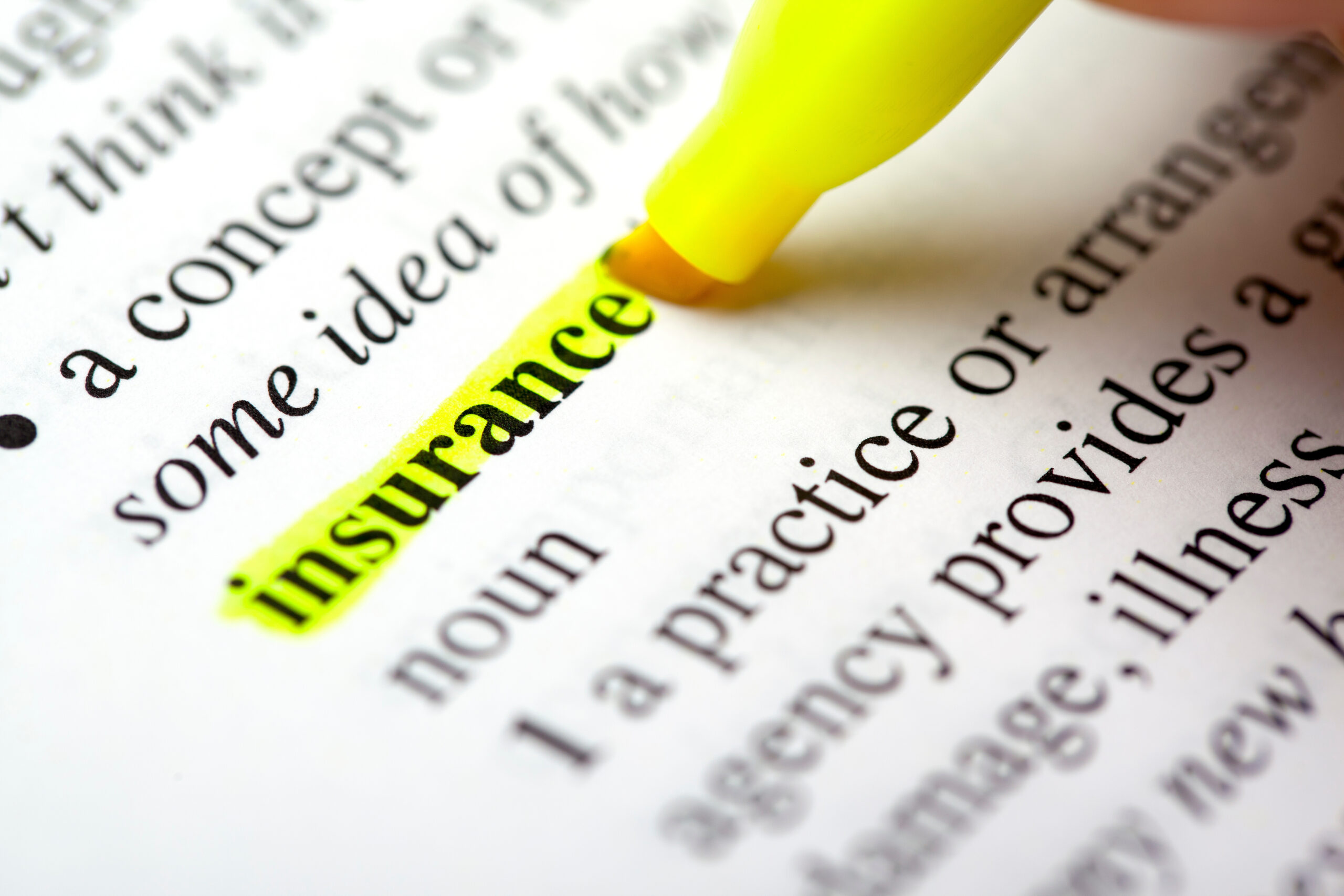
Insurance Policy Terms – Your Jargon Busting Guide
When you buy a car insurance policy, understanding all the terms that come with it can feel like you’re reading a different language. Whether you’re buying insurance for the first time or renewing your policy, it’s important to understand everything that’s included in your documents.
In this blog, we’re going to breakdown some of the most common insurance Policy Terms, so you can feel more confident – Here’s your jargon busting guide.
Common Car Insurance Terms:
Annual Mileage:
The approximate number of miles you expect to drive in the year you take out the insurance policy. To work this out, you can subtract last year’s recorded mileage (from a service record, MOT, or insurance renewal) from your current cars milage. Or you can think about how many miles you travel per week and then multiply this by 52.
Automatic Renewal:
This is where you Insurance policy continues for another year without you having to do anything. Before it ends, you’ll receive and email with the updated price. If you agree or don’t reply, your policy will continue at the agreed renewal price. If you don’t agree, you can cancel and choose a different insurance provider. Note: Not all customers receive an automatic renewal quote, so always check your cover period to ensure your vehicle is covered.
Certificate of Motor Insurance:
This document lists the covered car(s) on your insurance policy, the drivers who can use the vehicles, usage rules, and insurance dates. It’s sent to you by your insurer.
Claim:
A claim in insurance is a request you make to your insurance company when something covered by your policy happens. It’s how you ask them to pay for damages, losses, or medical costs. For example, if your car gets damaged in an accident, you file a claim to get it repaired. The insurance company then reviews your claim and, if approved, covers the costs based on your policy terms.
Class of Use:
This refers to how you plan to use your car. These are three different ways to group this:
- Social, Domestic and Pleasure (SDP): This is for general use, like running errands or going out for leisure.
- Social, Domestic, Pleasure and Commuting (SDP+C): This includes all the above plus driving to and from one place of work.
- Personal Business Use (SDP + Business): This covers both personal use and driving for business purposed, like multiple places of work, clients or running business related errands.
Note: Ensuring accuracy is crucial. For instance, if you only opt for Social, Domestic, and Pleasure (SDP) cover but use your car for commuting to work, your policy will be invalid. Consequently, you won’t be covered for any claims. This situation can also be classified as ‘driving without insurance,’ potentially resulting in policy cancellation and criminal charges.
Excess(es):
This is a fixed charge you’ll pay towards a claim. There are two types of excesses – compulsory and voluntary.
- Compulsory Excess: This is how much you’ll have to pay towards making your claim. This is a fixed amount, set by your insurer.
- Voluntary Excess: This is how much you choose to pay towards your claim. This is usually agreed upon when you take out the policy.
No Claims Bonus (NCB):
If you don’t make a claim whilst you have your policy, you will sometimes be awarded a discount on your next policy called a ‘No Claims Bonus’ discount. For your NCB discount to be applied, you’ll be asked for proof of this. This is also sometimes referred to as a ‘No Claims Bonus Certificate’. You get this from your old insurer, usually via email.
Policyholder:
The person who owns the insurance policy.
Named Driver:
This is an additional driver who’s been added to the policy.
Premium:
The amount you pay for your insurance, typically on a monthly or annual basis.
Renewal:
In insurance, renewal means extending your policy for another year after it expires, usually with a new price and terms.
SORN:
SORN stands for Statutory Off Road Notification. If you want to take your car off the road for a while and you don’t want to pay road tax or insurance, you must apply for a SORN on the .Gov website. The car must be kept on private property though. If you want to keep it on a public road, it will need to be taxed and insured.
We’ve explained these insurance policy terms to help you to understand and make informed decisions when choosing or renewing your insurance. It’s important to check your policy details when obtaining a quote, upon receiving your policy documents, and at renewal to ensure all information is accurate. This helps avoid issues when making a claim and ensures compliance with the law.
This list is a great starting point, but for an even more thorough list of insurance terms you might come across, check out our Glossary of Terms.
Looking for Car Insurance?
Get a Quote today with GoSkippy







